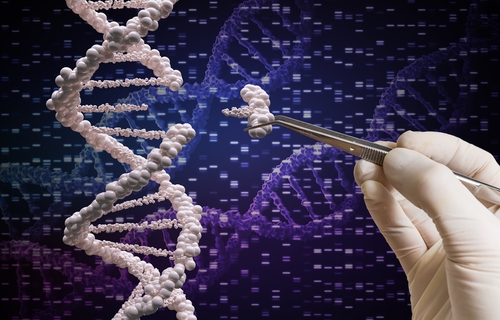
In an alarming revelation, it has been discovered that the DNA samples taken from newborns for screening purposes can be stored indefinitely in government labs. This practice, which is largely unregulated, has raised serious concerns about parental consent and individual privacy.
In December 2020, investigators in California were found to have accessed these newborn screening samples for criminal investigations, leading to at least one arrest. This use of genetic material, seemingly without parental consent, has sparked a debate about the ethical implications of such practices.
SHOCKING REPORT: New Jersey Parents Sue for Control Over Infant DNA Stored in Government Labs and Its Use in Police Investigations..
THIS IS CRAZY..
Almost every newborn in the United States undergoes a blood test to assess their risk for approximately 60 rare diseases shortly… pic.twitter.com/joK0MRa4oc
— Chuck Callesto (@ChuckCallesto) November 10, 2023
The Centers for Disease Control and Prevention proposed a databank for these DNA-filled newborn blood spots back in 2002. The intention was to use them for purposes beyond the infant genetic screening program. However, this proposal has been met with criticism from organizations like the Citizens’ Council on Health Care, who argue that it infringes upon parental rights.
While some states, such as South Carolina and South Dakota, destroy the blood spots after a year or once testing is completed, others store newborn DNA for years. These states have regulations in place to limit what can be done with the samples. Some even allow parents to refuse blood retention. However, approximately 29 US states provide parents with forms to refuse screening, indicating a lack of uniformity in the approach to this issue.
YOUR baby's DNA is being stored for DECADES in government labs https://t.co/kKj2ltaDkc pic.twitter.com/7GxrIngHBa
— Daily Mail Online (@MailOnline) November 10, 2023
New Jersey has been singled out as one of the worst offenders in this regard. There are no regulations governing the retention of these samples, leaving the New Jersey Health Department free to do as they please with them. This lack of regulation not only raises concerns about parental rights but also about digital privacy.
Several states, including Texas, Minnesota, and Michigan, have faced lawsuits over their blood storage practices, primarily due to the lack of parental consent. In Texas, a lawsuit resulted in the destruction of 5.3 million blood samples. Now, all blood samples obtained after 2012 must be destroyed after two years.
In New Jersey, the police have been found to obtain blood samples without a warrant for criminal investigations. This practice has led to legal action, with the Institute for Justice representing parents who are suing state health officials over their storage practices.
The issue of storing newborn DNA indefinitely is not just about parental rights; it’s also about individual privacy. The government’s ability to access and use this genetic material as they see fit raises serious concerns about the potential for misuse and abuse.
In conclusion, the unregulated storage of newborn DNA in government labs is a pressing issue that needs immediate attention. It’s crucial that regulations are put in place to protect the rights of parents and the privacy of individuals. Without these safeguards, we risk creating a system where personal genetic information can be accessed and used without consent or oversight.












